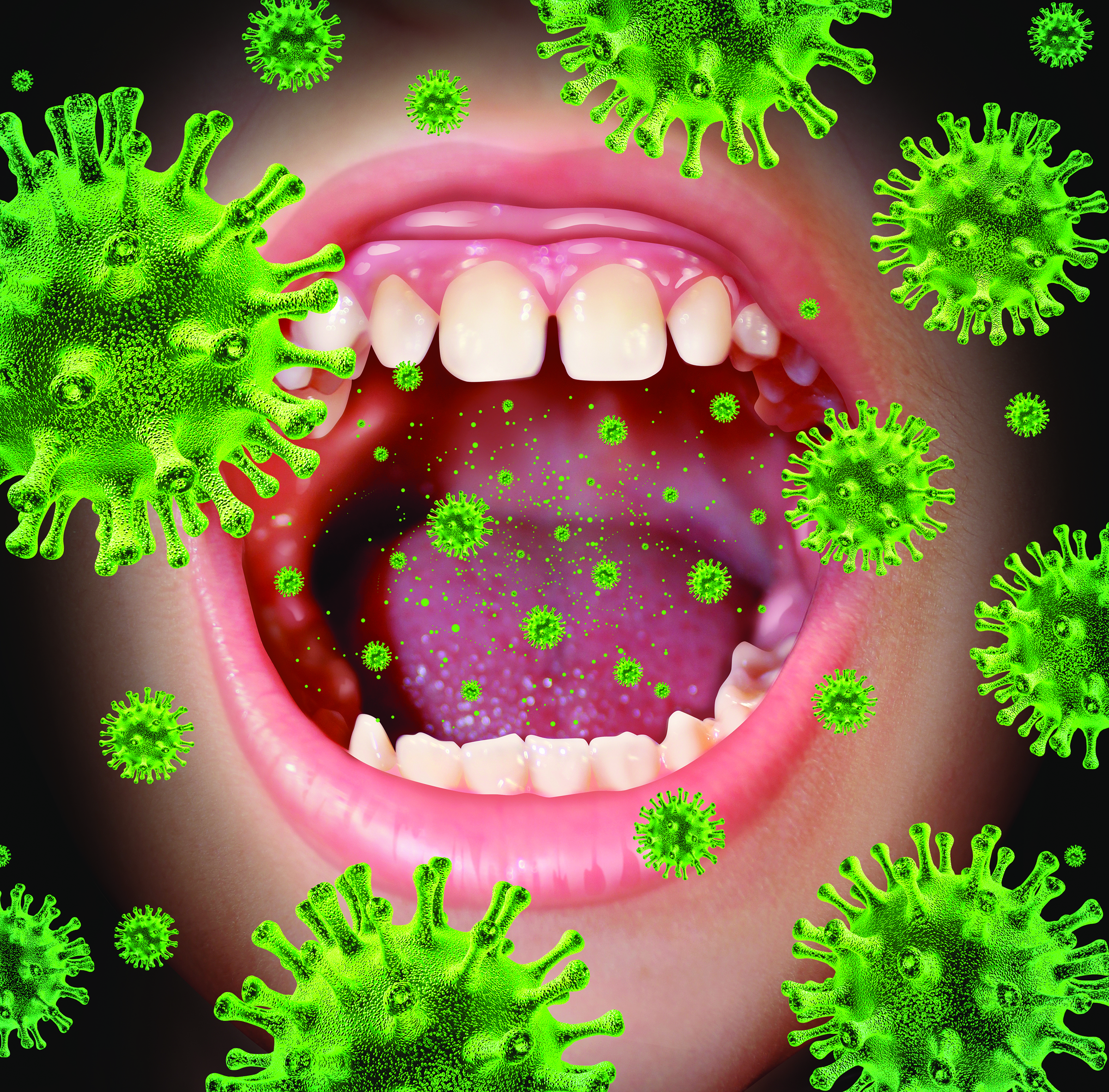
Health News
Features
-
Pop Quiz: Germs 101—A Crash Course for Parents
Back-to-school season is upon us, and that means your child’s chances of coming down with an illness is greatly increased. While schools are centers of learning, they are also breeding grounds for all manner of germs. However, there are ways to lessen your child’s chances of coming down with something, having to miss school due…
-
Tackling Mental Health Together
Establishing the West Central Florida Mental Wellness Coalition Recognizing the record number of suicide rates, substance use and opioid deaths, nearly 30 local organizations have joined forces to develop a regional mental health initiative. On June 20, BayCare CEO and President Tommy Inzina and participating leaders from other hospitals, behavioral health providers, law enforcement, government…
-
Working Like a Dog
Reading with Bonnie the Therapy Dog by RACHEL CHRISTIAN Cassandra Banning and Bonnie, her 10-year-old shih tzu therapy dog, have been bringing joy and happiness to people in the Plant City area for almost six years. The pair can be spotted across town visiting nursing homes, hospitals, and even Bruton Memorial Library. Unlike service animals…
Columns
-
The Importance of Wearing Sunglasses
by EDITH WEPPELMANN, OD Do you enjoy watersports, fishing, golfing, hiking outdoors, or going to the beach? Sunglasses are not only a fashion accessory. They keep you looking good by preventing wrinkles, and more importantly, they protect your eyes from the development of various diseases. Your shades work to protect your vision health and maximize…
-
Foot Care Is Key to Preventing Diabetes-Related Amputations
More than 25% of American seniors have diabetes and 10% to 15% of people with diabetes have leg and or foot ulcers. Simple things like managing your diabetes and performing daily foot care can help prevent ulcers, which can be difficult to treat and may eventually require amputation. More than 80% of amputations begin with…
-
Smoking Can Lead to Amputations
While most people are familiar with the devastating consequences smoking has on their lungs (COPD, cancer), heart (coronary artery disease), or brain (stroke), its direct relation to limb loss escapes public attention! For far too many smokers, the first time they learn of the connection with limb loss is when a vascular surgeon diagnoses them…




